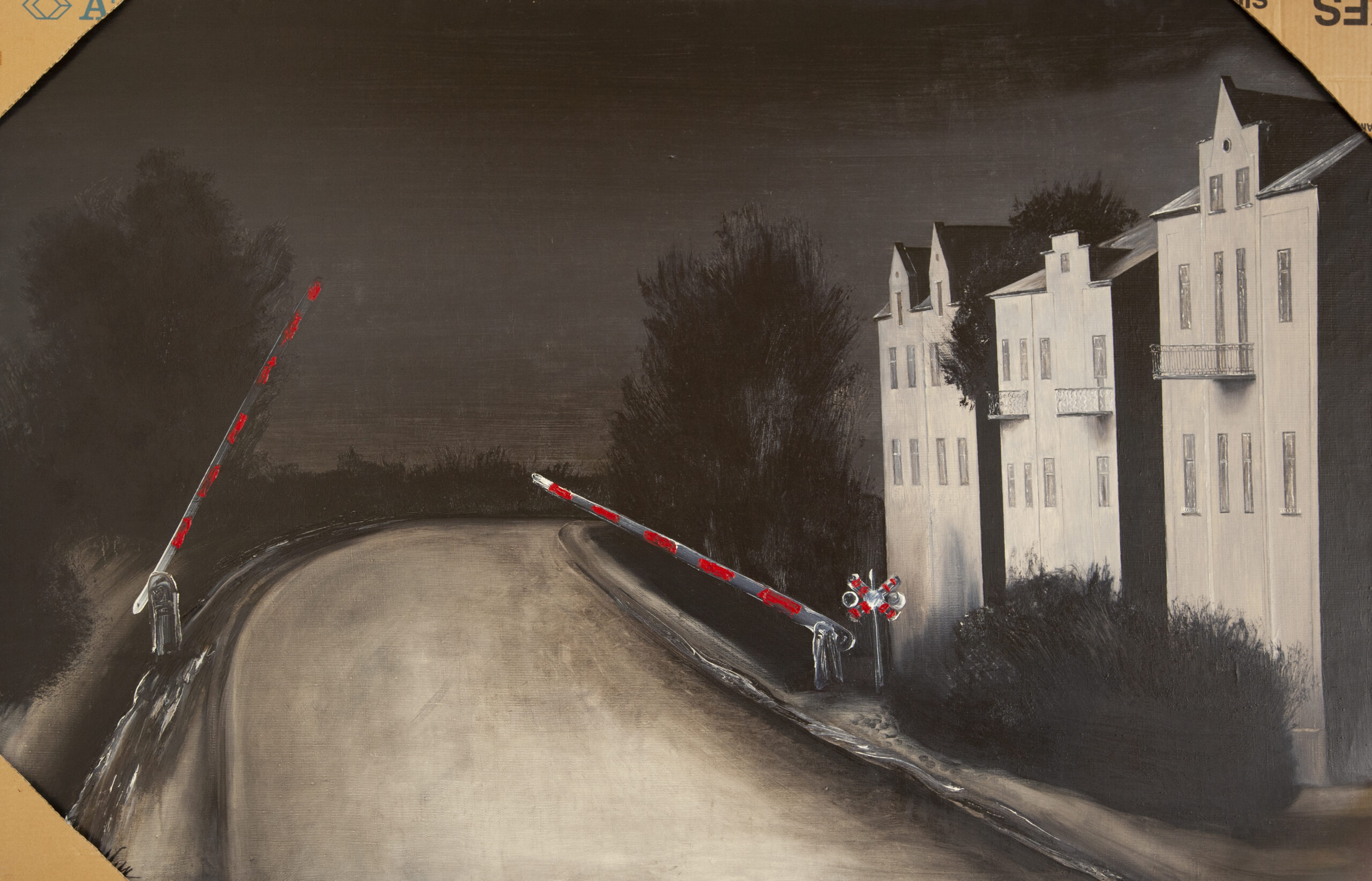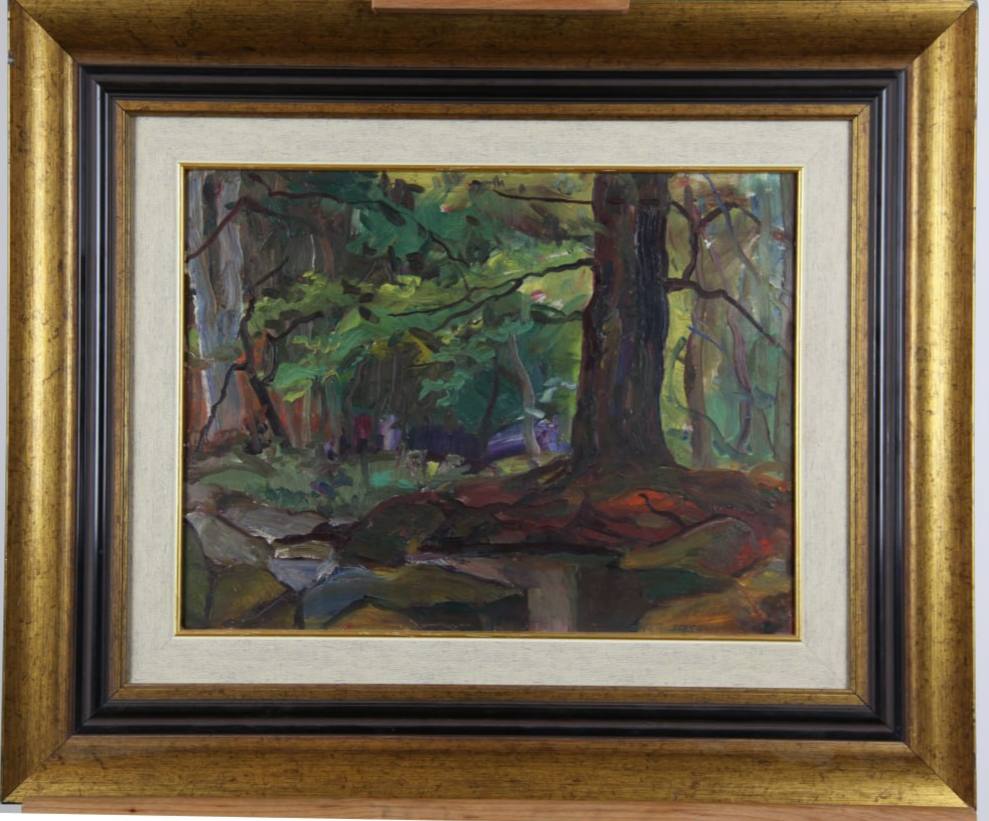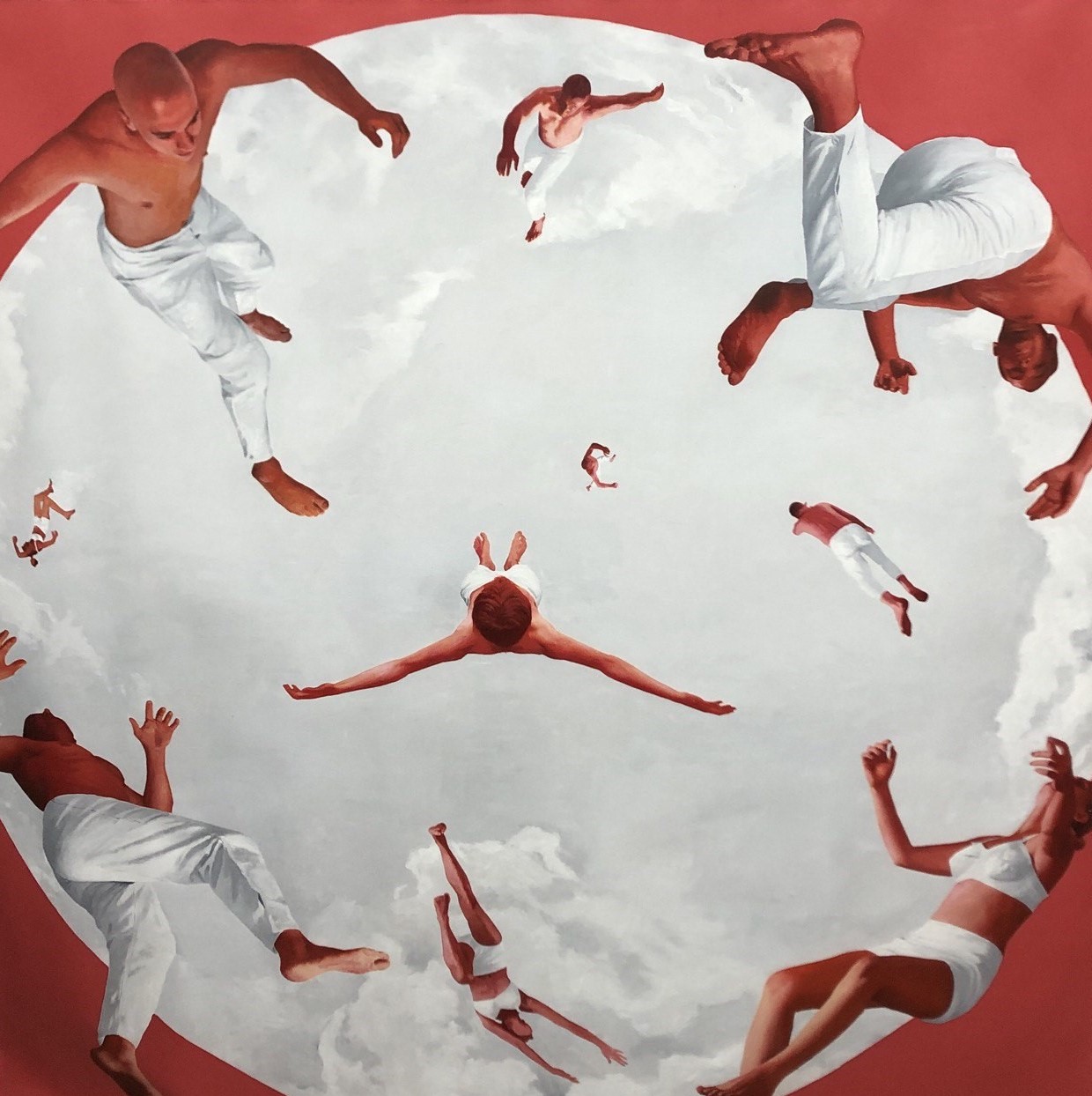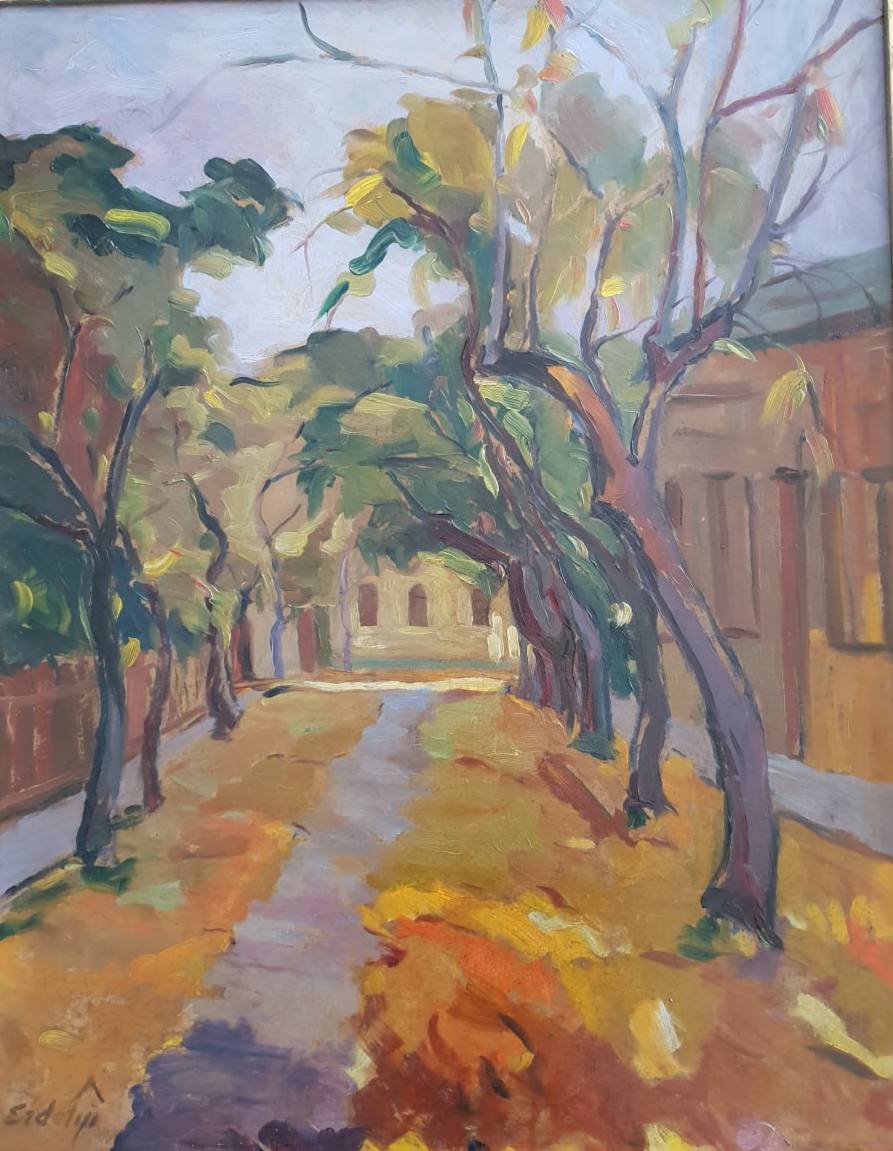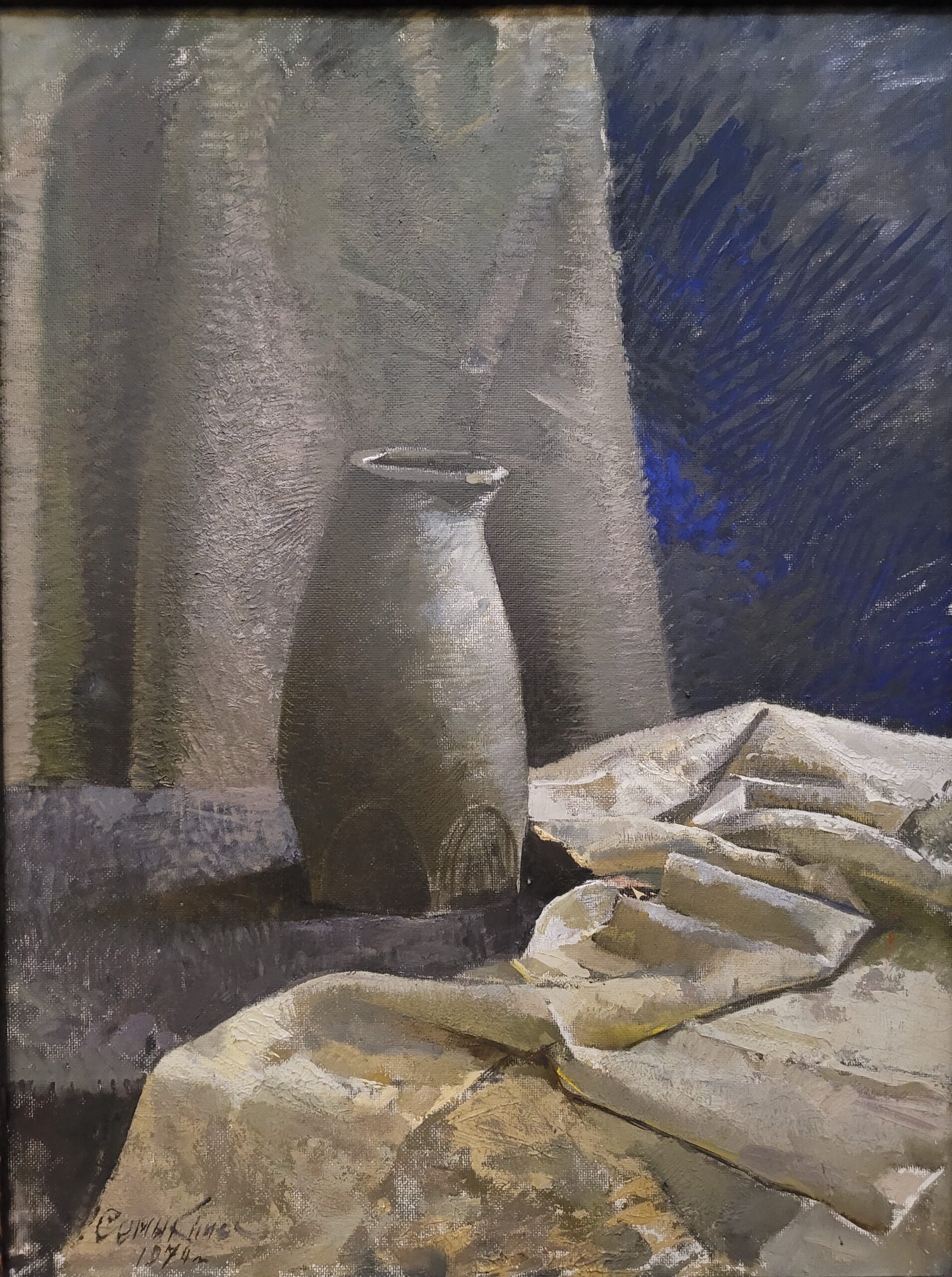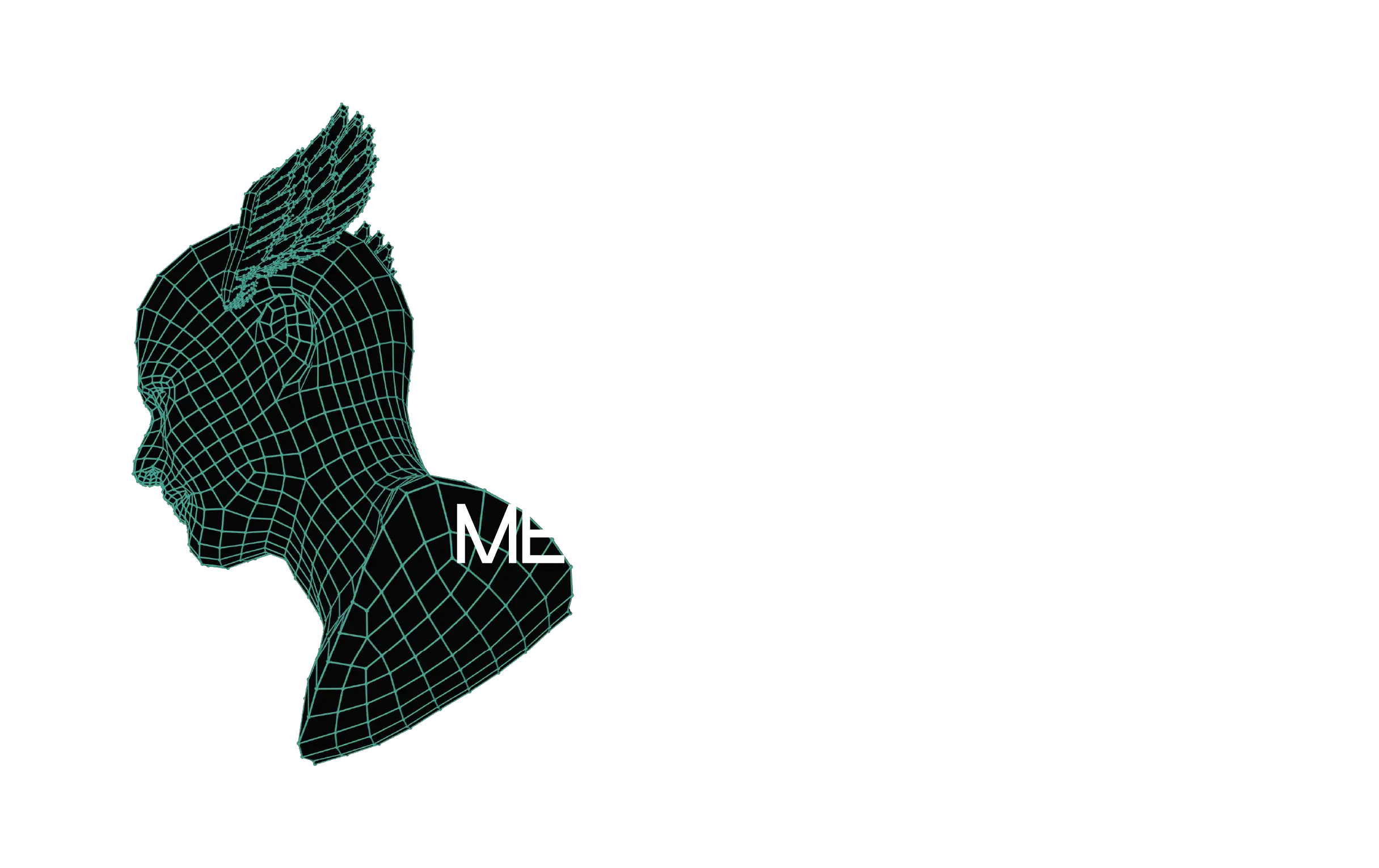Alla Horska (1929, Yalta, Crimea - 1970, Kyiv region) was a Ukrainian artist, dissident, and a prominent representative of the neo-avant-garde. She worked in the fields of monumental and easel art, graphics, and scenography. She is the founder of the neo-futurist movement in Ukrainian monumental art of the 1960s.
Alla Horska's first works are characterized by the features of everyday realism. In the late 1950s and early 1960s, her artistic style changed: it became decorative, plastic generality, and tension. The compositions of the works become elongated, the forms - monumental and planar. The artist enters into a polemic with Opanas Zalyvakha, Boris Plaksiy, and Halyna Sevruk and creates a new monumental style based on the ancient Ukrainian monumental tradition and uses the experience of the world geniuses of monumental modernism - David Siqueiros, Diego Rivera, and Fernand Léger. Among the iconic works are stylized portraits of Ukrainian artists, in particular the Sixtiers. The works are imbued with deep symbolism and neo-futuristic aesthetics, which are emphasized by red, black, and white colors.


